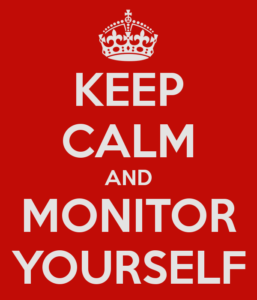 “Man believes in himself and questions the Almighty, when really, we should believe in the Almighty and question ourselves.”
“Man believes in himself and questions the Almighty, when really, we should believe in the Almighty and question ourselves.”
(Rabbi Avraham Tanis)
THINKING ABOUT THE TEACHING:
Aphorisms like this obviously oversimplify in order to make a point and for the sake of being pithy.
Clearly, there have been great people who questioned God. Abraham was outraged at God’s intention to destroy everyone in Sodom and Gomorrah saying, “Shall the judge of the whole world not do justice?” (Genesis 18:25) Later, after God had sent Moses to ask the king of Egypt to let the people of Israel go, Pharaoh responded by increasing their quotas as slaves and increasing their suffering. Moses challenged God, “Why have You done evil to this people?” (Exodus 5:22)
However, Rabbi Tanis is pointing out a lack of balance and proportion that is often the case. Aside from the fact that most people are not on the level of an Abraham or a Moses – questioning God and second-guessing Him should not be our first impulse. Clearly, the Almighty is infinitely more reliable than we mortals will ever be.
The thrust of this teaching is that we should be questioning ourselves all the time. We should always question if our motivations are sincere and pure. We should always question whether we are acting unselfishly and idealistically, and never just assume all is fine. It doesn’t mean we should beat ourselves up – but our Yetzer Hara (Inner Adversary) has a way of dragging us into complacency so as to not examine ourselves and scrutinize our behaviour. Not to question ourselves is to assume an air of arrogance and invincibility that is spiritually unhealthy. There is always room for refinement no matter how good we are and how far we’ve grown. We have to always examine ourselves, take stock, analyze how we’re doing, this is called Cheshbon HaNefesh – taking a personal inventory or spiritual stocktaking.




